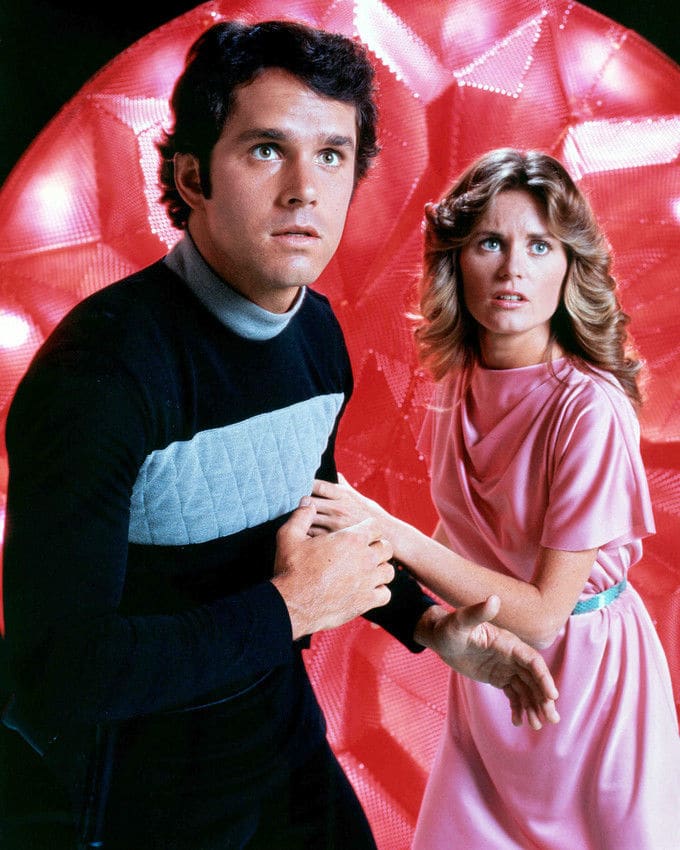The 1970s was a transformative decade for television, marking a period when the medium began to reflect the social and cultural changes sweeping across America. This era saw the rise of groundbreaking shows that not only entertained but also challenged societal norms and paved the way for future storytelling. These iconic series became part of the fabric of American life, influencing everything from fashion to politics. As we delve into the top 10 iconic television shows from the 1970s, it's clear how these programs shaped pop culture and left an indelible mark on history. They captured the essence of their time, resonating with audiences through humor, drama, and relatable characters. Let's explore the impact these shows had on both television and society as a whole.
M*A*S*H: A War Drama That Touched Hearts
M*A*S*H emerged as a defining show of the 1970s, capturing 71% of the vote in popularity polls. Set against the backdrop of the Korean War, this medical sitcom combined humor with poignant storytelling, addressing serious issues such as war, loss, and camaraderie. Its unique blend of laughter and tears struck a chord with viewers who were living through the Vietnam War era.
At its core, M*A*S*H was about humanity amidst chaos. The ensemble cast brought depth and authenticity to each character, making them unforgettable. From Hawkeye Pierce's wit to Radar O'Reilly's innocence, every personality contributed to the show's charm. Over its eleven-season run, M*A*S*H tackled topics like racism, mental health, and ethical dilemmas faced by soldiers and doctors alike.
The final episode remains one of the most-watched in television history, cementing M*A*S*H's legacy as a cornerstone of 1970s television. It proved that comedy could coexist with tragedy, offering viewers both escapism and reflection during turbulent times.
All in the Family: Breaking Barriers Through Comedy
All in the Family revolutionized television by addressing controversial subjects head-on. With 64% of the vote, it became synonymous with challenging stereotypes and sparking conversations about race, gender roles, and political ideologies. Created by Norman Lear, the show featured Archie Bunker, a working-class bigot whose views often clashed with those around him.
Despite his flaws, Archie was portrayed with complexity, allowing audiences to see beyond his prejudices. His interactions with family members like Edith, Gloria, and Mike Stivic highlighted differing perspectives within households across America. All in the Family used humor as a tool to confront uncomfortable truths, encouraging viewers to think critically about their own beliefs.
This groundbreaking series demonstrated the power of television to influence public opinion and foster understanding among diverse groups. By tackling sensitive issues openly, All in the Family set a precedent for future programming that aimed to educate while entertaining.
Happy Days: Nostalgia Meets Timeless Fun
Happy Days received 66% of the vote, showcasing its enduring appeal even decades after its original airdate. Centered around the Cunninghams, this sitcom depicted small-town life in Milwaukee during the late 1950s and early 1960s. Fonzie, played by Henry Winkler, became an iconic figure representing coolness and rebellion without being overly disruptive.
Beyond its lighthearted storylines, Happy Days touched upon relevant themes such as friendship, loyalty, and growing up. Its nostalgic tone evoked fond memories for older generations while introducing younger ones to simpler times. Filmed in 35mm, the show benefited from superior cinematography compared to other productions of the era.
Happy Days' success lay in its ability to balance wholesome entertainment with subtle commentary on changing societal values. As one of the longest-running sitcoms of the decade, it left an indelible mark on popular culture, proving that nostalgia can be timeless.
Saturday Night Live: Reinventing Late-Night Television
With 50% of the vote, Saturday Night Live emerged as a comedic force that redefined late-night television. Premiering in 1975, SNL introduced audiences to sketch comedy featuring talented casts and guest hosts. Its fast-paced format allowed for experimentation and innovation, setting standards still followed today.
From politically charged sketches to celebrity parodies, SNL provided sharp satire that resonated with viewers seeking unfiltered opinions on current events. Notable alumni include Chevy Chase, John Belushi, and Dan Aykroyd, whose performances helped establish SNL as a launchpad for aspiring comedians.
As the years progressed, Saturday Night Live continued evolving while maintaining its core identity. By embracing diversity and adapting to new trends, it remained relevant long after its inception. SNL proved that live television could thrive in an increasingly pre-recorded world, leaving an indelible mark on the industry.
The Mary Tyler Moore Show: Empowering Women In Media
Often hailed as comedy gold, The Mary Tyler Moore Show garnered significant praise from critics and fans alike. Featuring Mary Richards, a single career woman navigating life in Minneapolis, the series broke barriers by portraying female independence positively. Despite dated sets, its witty writing and strong characters ensured lasting relevance.
Mary Tyler Moore's portrayal of Mary Richards embodied grace under pressure, inspiring countless women to pursue careers outside traditional roles. Her dynamic relationship with Lou Grant added layers of realism to workplace dynamics rarely seen before. Together with a talented supporting cast, the show created memorable moments that continue to resonate.
By focusing on universal experiences like love, ambition, and friendship, The Mary Tyler Moore Show transcended generational gaps. Its emphasis on equality and empowerment made it more than just another sitcom; it became a symbol of progress during a transformative period for women in media.

